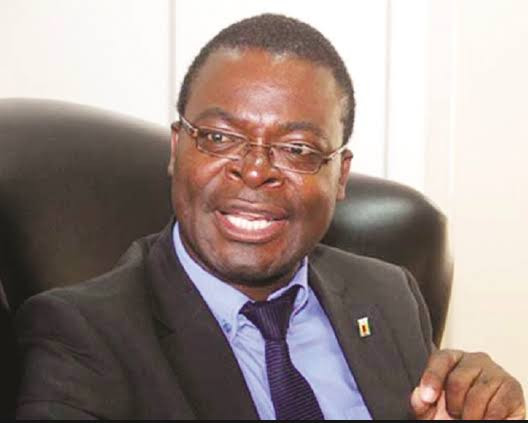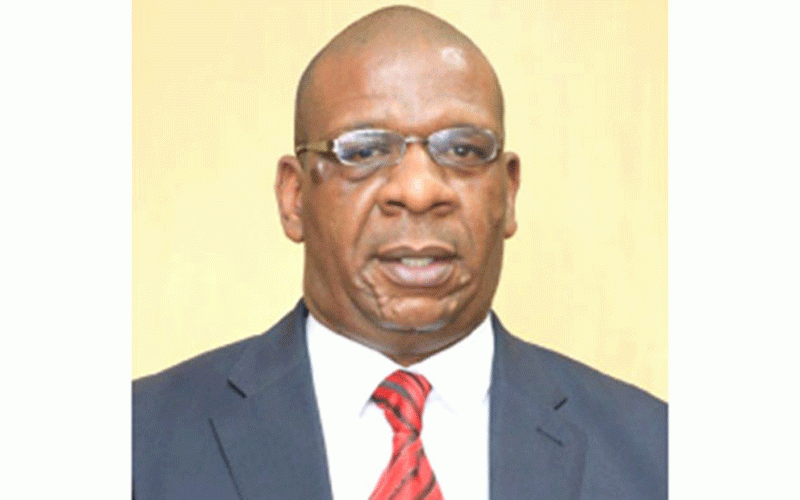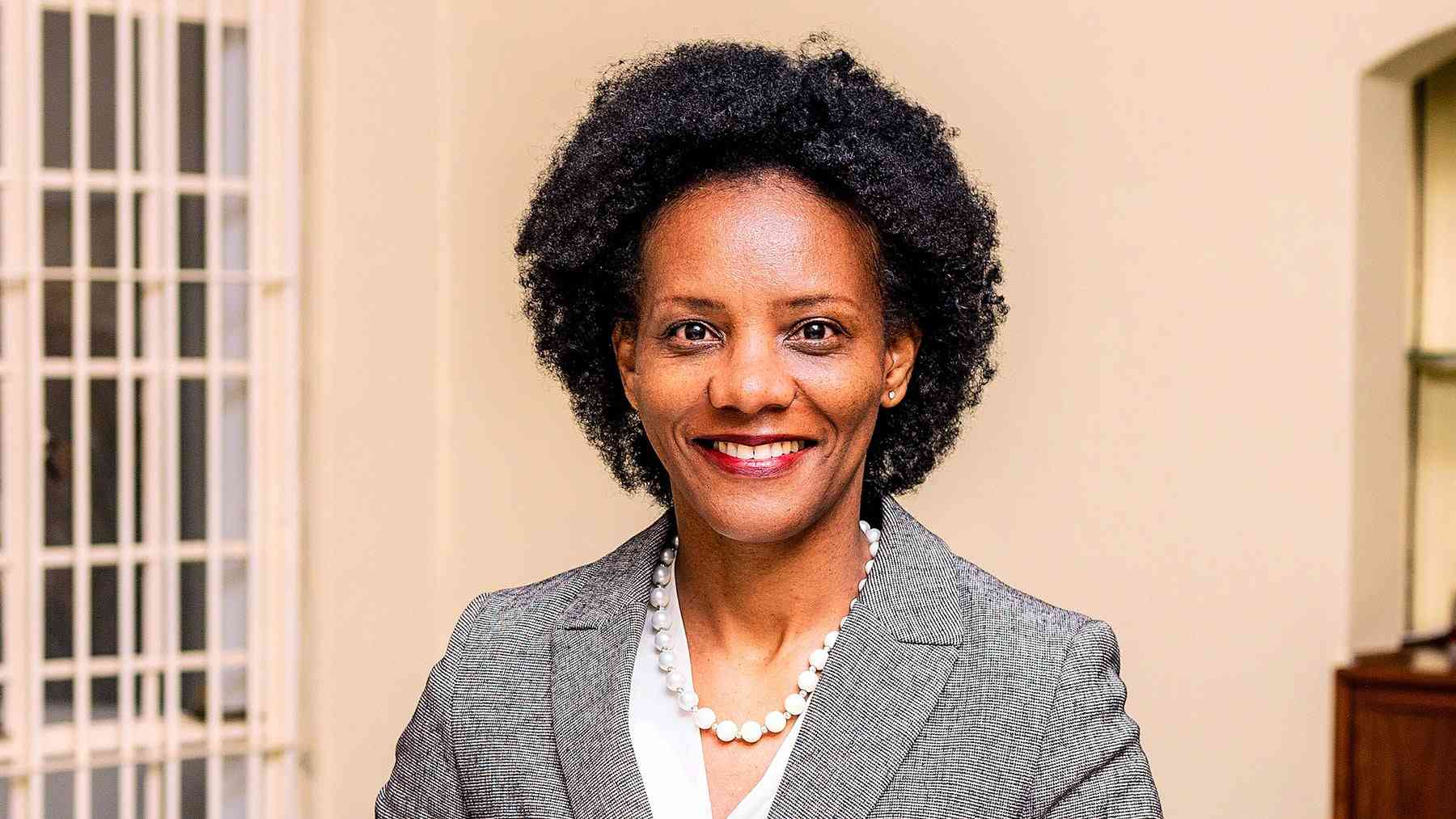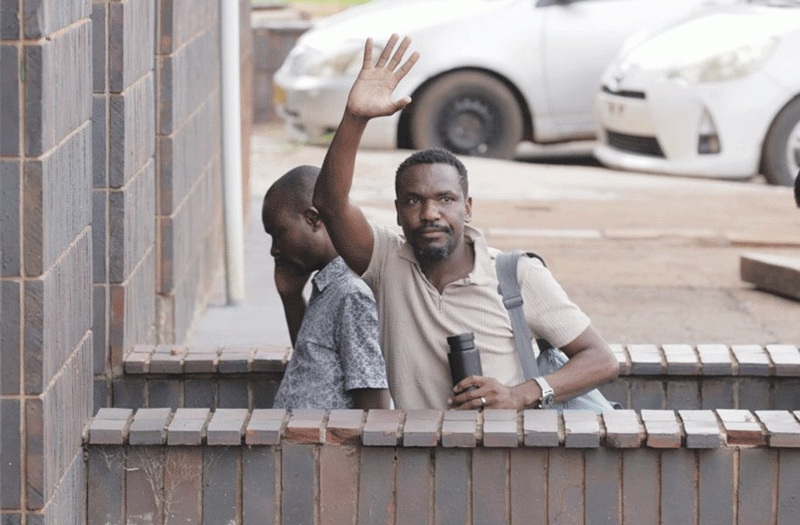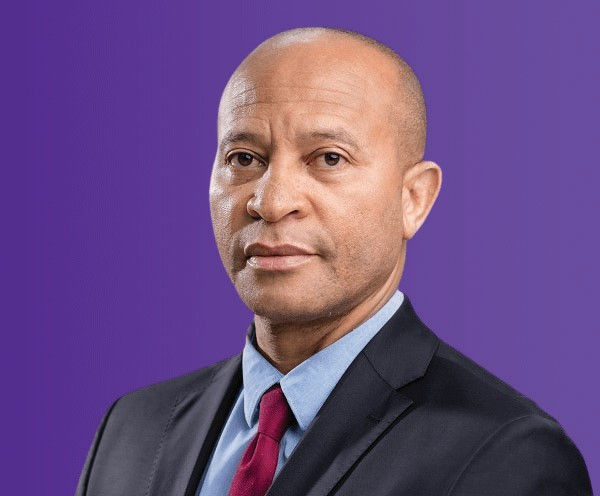
UNITED States investors have proposed a total of US$209 million worth of foreign direct investment (FDI) into Zimbabwe in the past year, authorities said this week, as the world’s biggest economy warned that hurdles to investment were still abound.
Although Zimbabwe has been under US sanctions since 2000, officials said the southern African country approved US$175 million worth of FDI proposals last year.
Projects worth over US$34 million have so far been proposed this year, according to Tafadzwa Chinamo, chief executive officer at the Zimbabwe Investment and Development Agency (Zida).
A volatile political and economic environment and policy inconsistences since the turn of the millennium precipitated rapid capital flight, with investors expressing concern over bottlenecks in Zimbabwe.
“Six investors have expressed interest in investing in Zimbabwe, collectively projecting an investment value of US$34,3 million,” Chinamo said.
“These investors are particularly interested in the manufacturing and services sectors. Last year, in 2023, 10 investment applications from the US were approved.
“These applications represented various sectors and included partnerships with other nationalities. The total projected investment value approved amounted to US$175,2 million,” he added.
Proposals valued at US$4,5 million covering the agricultural sector were submitted, while over US$161 million covered the services sector.
- Zimbabwe is closed for business, says think tank
- New perspectives: Reconfigure Zimbabwe’s economy for recovery
- Zimbabwe is closed for business, says think tank
- New perspectives: Reconfigure Zimbabwe’s economy for recovery
Keep Reading
“The approved investment applications for 2023 indicate an intention to invest in multiple sectors, namely manufacturing, services, agriculture, and mining,” Chinamo said.
“These sectors represent diverse areas of economic activity, highlighting a broad spectrum of investment interests among the approved investors.”
As Zimbabwe battles to set its fragile economy on a firm recovery and growth trajectory, Chinamo noted, efforts to increase FDI would trigger economic growth.
“This strategic allocation of investments underscores a comprehensive approach to fostering growth and development across different industries, thereby contributing to the region's overall economic vitality,” he said.
Zimbabwe’s bilateral relations with the US turned frosty in 2000 when the late former strongman Robert Mugabe rolled out land seizures, mostly targeting white farm owners.
This subsequently triggered a backlash from the West, particularly the US, which has routinely maintained its sanctions grip on Zimbabwe.
Last month, the US scrapped its Executive Orders sanctions approach on Zimbabwe, replacing it with the Global Magnitsky framework.
Under the fresh sanctions, President Emmerson Mnangagwa and 10 other individuals directly linked to him were designated. The sanctions involve asset freezes and travel bans.
Responding to questions covering America’s investments trends in the country, a US Embassy official told the Zimbabwe Independent that although improvements were being recorded, investors were still unsettled by Harare’s poor record on upholding property rights.
“The United States welcomes the opportunity to increase bilateral trade and investment with Zimbabwe that will benefit US and Zimbabwean businesses alike,” the US official said.
“Individual businesses, however, decide where and when to invest based on a variety of factors, including respect for the rule of law, predictable tax policies, the ability to repatriate profits, political stability, and reputational risk.”
In a statement titled Investment Climate Statement issued last year, the US underscored that the southern African country presented: “a challenging, and yet potentially rewarding, investment climate.”
“The country’s skilled labour, high literacy rate, mineral wealth, agricultural potential, bountiful wildlife, and natural landscapes present commercial opportunities for US firms.
“The Zimbabwe government has not implemented enough investor-friendly policies to attract robust investment and corruption remains a major concern.
“FDI into Zimbabwe remains below regional peers,” part of the statement reads.

